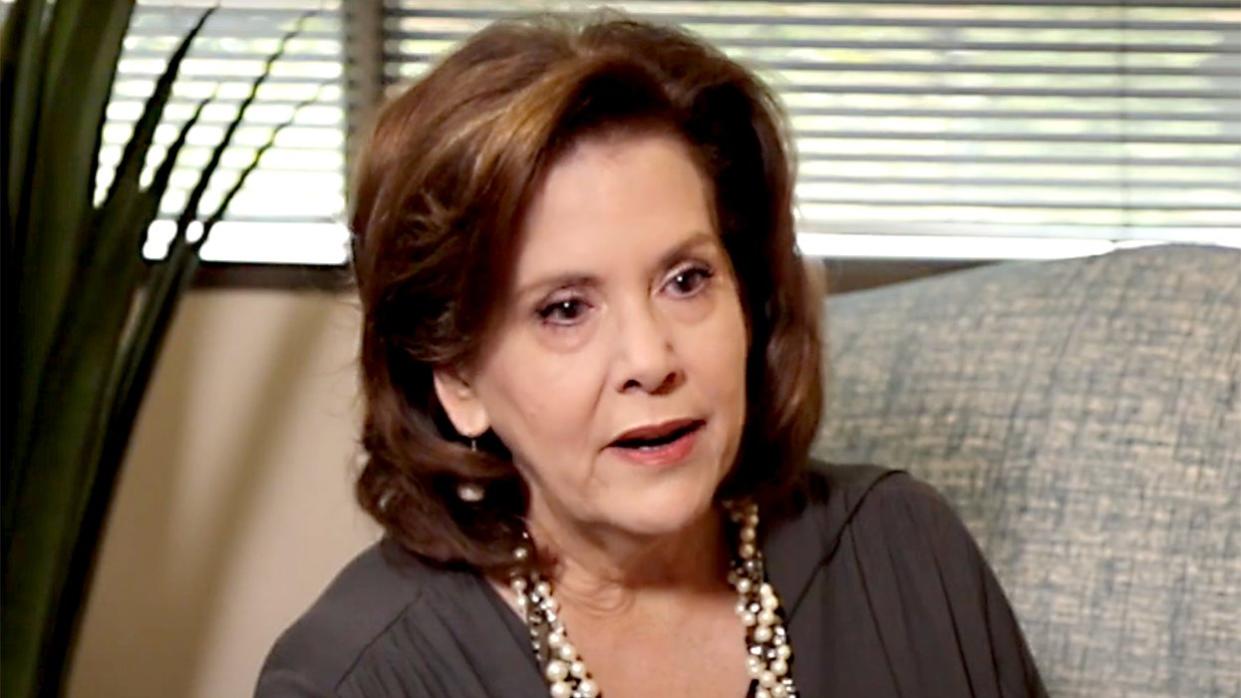Texas Supreme Court Hears Case of Judge Who Refuses to Marry Same-Sex Couples

The county justice of the peace who was formally reprimanded after she refused to perform wedding ceremonies for same-sex couples took her case to the Texas Supreme Court on Wednesday.
Judge Dianne Hensley serves as justice of the peace in McLennan County in central Texas, and part of her duties can include performing marriage ceremonies.
Beginning in 2015, she stopped officiating weddings altogether for a time, as she said performing same-sex ceremonies would be incompatible with her Christian beliefs, according to the Texas Tribune.
The following year, though, she resumed performing marriages for opposite-sex couples in 2016 but gave a list of alternative officiants to same-sex couples seeking a marriage ceremony. Sometimes the alternative officiants were nearby, sometimes not.
The State Commission on Judicial Conduct issued a formal reprimand to Hensley in 2019 for her practice of marrying opposite-sex couples while refusing to marry same-sex couples. Hensley did not appeal the warning, but instead challenged the commission in a Texas court.
Hensley argued that the commission violated the Texas Religious Freedom and Restoration Act (RFRA) by warning Hensley to perform ceremonies for same-sex couples even though such a practice violated her religious beliefs. The lower courts threw out the case, finding that the commission did not exceed its authority nor violate Hensley’s religious rights.
The lower courts also ruled that the commission could not be sued anyway because of what is known as sovereign immunity, where the government cannot be held liable without its consent. Hensley argued that the Texas Uniform Declaratory Judgement Act (UDJA) allows the courts to adjudicate cases and defendants where they normally would not be subject to a lawsuit, but the lower courts disagreed.
The fact the Texas Supreme Court has taken the case as well as the lines of questioning in yesterday’s hearing have led some to believe the court might be willing to revive the case for Hensley. They repeatedly peppered counsel for the commission, Douglas S. Lang, with hypothetical questions that seemed to question why a judge could decline to perform ceremonies in some situations without question, but that Hensley was being punished for a similar refusal.
Hensley’s attorney, Jonathan Mitchell, made the argument that Texas law prohibits discrimination by wedding officiants on the basis of race, religion, and national origin.
“Notably absent from that list of protected criteria that I just mentioned is any mention of discrimination on account of sex or sexual orientation,” Mitchell told the court. “It’s still permissible for wedding officiants whether they’re judges or members of the clergy to discriminate based on any other characteristic, as long as it’s not race, national origin or religion when they decide which weddings they will officiate.”
Both sides have cited recent U.S. Supreme Court rulings to bolster their arguments. Obergefell v. Hodges held that states must recognize marriage equality and issue marriage licenses to same-sex couples. Masterpiece Cakeshop v. Colorado Civil Rights Commission held that a state government had unfairly discriminated against a baker who refused to create a special cake for a same-sex marriage ceremony but sidestepped the greater question of what happens when competing constitutional rights collide.
Hensley has taken her public position even though her late older brother was gay. In a recent interview with the Dallas Morning News, Hensley said she helped him rebuild his relationship with their family after a period of estrangement while living overseas. She said that while she knew of Michael’s sexual identity “from the company he kept,” it was not an open topic for conversation.
“When Michael got married, he did not call me to [perform the marriage] because he respected my faith,” she said in the interview. “I think that’s how most people are. Most people just want to live and let live.”
The court did not indicate when it would rule in the case.

